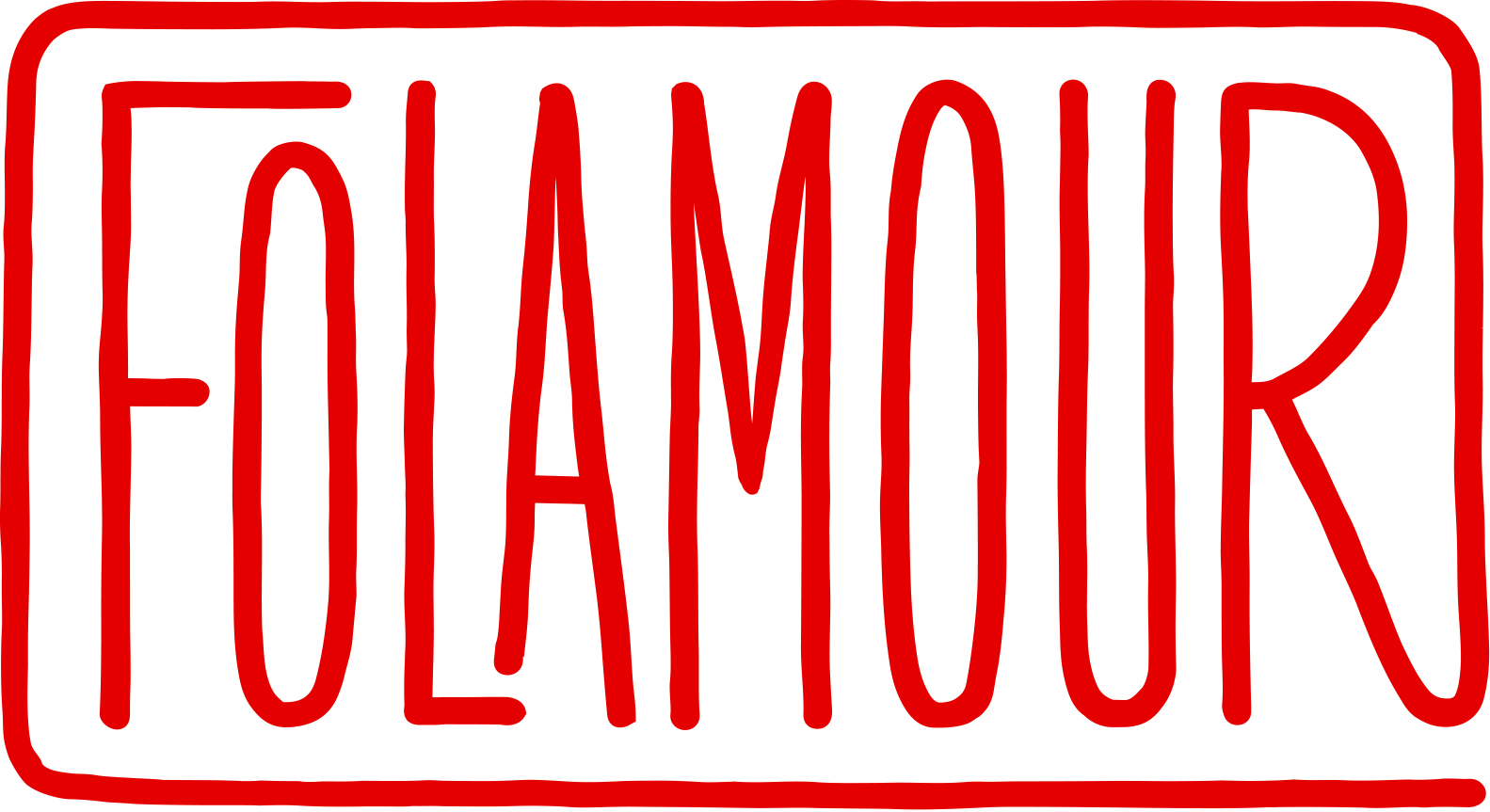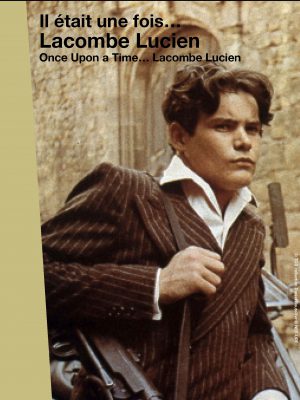ONCE UPON A TIME… LACOMBE LUCIEN
| Director | Daniel Ablin |
| Writers | Antoine de Gaudemar, Daniel Ablin, Serge July and Marie Genin |
| Image | Denis Leroy, Hervé Lode, Thomas Viguier |
| Sound | Thierry Blandin, Alain Giulianelli |
| Editing | Julia Gregory |
| Length | 52 minutes |
| Format | HD Cam, 16/9e |
| Version | French |
| Copyrights | Folamour – TCM – 2011 |
| Broadcasters | France Televisions, TCM |
Protagonists:
- Aurore CLEMENT, actress
- Yolande BLAISE, Pierre Blaise’s mother
- Alexandra STEWART, actress and Louis Malle’s ex-girlfriend
- Patrick MODIANO, scriptwriter of Lacombe Lucien
- Pierre LABORIE, historian
- Vincent MALLE, producer and Louis Malle’s brother
- Jean-Paul RAPPENEAU, filmmaker
- Robert PAXTON, historian
Portrait of a film: A small town in south-west France in June 1944, shortly after the D-Day landings. Lucien Lacombe, the son of a peasant farmer, tries to join the Resistance, but he is considered too young. One night, he is caught outside during a curfew and arrested. Questioned by the Gestapo, then under French auxiliaries, he reveals the name of the local leader of the maquis and began to hunt down and torture Resistance fighters. However, he falls in love with a young Jewish girl who lives in hiding with her father and grandmother in the small town. He gradually grows fond of this family, some of whom he will even save from arrest. He kills a German soldier and flees into the woods with the grandmother and the girl. Lacombe Lucien will be arrested and executed after the Liberation. The screenplay was co-written by Louis Malle and Patrick Modiano, a young 29-year-old novelist whose early work is marked by the noxious and troubled atmosphere of the dark years of the Occupation.
Portrait of an era: Lacombe Lucien is released in February 1974, in the France of Georges Pompidou. In 1971, the latter pardoned Paul Touvier, a former Militia chief, to the great displeasure of former Resistance fighters. The film was released in the middle of retro fashion. In 1969, Jean-Pierre Melville’s Army of Shadows celebrates the heroes of the Resistance, while Marcel Ophuls’ The Sorrow and the Pity restores the Pétainist France of the 1940s. The myth of France’s resistance, propagated by the Gaullists and the communists, is fading away. In 1973, “Vichy France” by the American historian Robert Paxton is a turning point. The work refutes the thesis of a wait-and-see Pétain acting as a buffer between the Germans and de Gaulle, and instead highlights the pro-German activism of the Vichy regime, particularly on the Jewish question. In this context, Lacombe Lucien is a polemical success: this portrait of a man of the people becoming a member of the Gestapo is extremely displeasing, and the ambiguity of Lacombe Lucien, the anti-hero, a resistant one day and a collaborator the next, is not appreciated. There can only be room for the trenched heroes, and an epic and unequivocal vision of history.
Portrait of a filmmaker: Louis Malle was 42 years old in 1974. He was a dedicated filmmaker, close to the New Wave but still a maverick, who at the age of 23 received the Palme d’Or at Cannes for his first film, The Silent World, co-directed with Commander Cousteau. This was followed by many other successful films, some of which caused displeasure: Elevator to the Gallows (winner of the 1957 Louis Delluc Prize), The Lovers (Silver Lion at the Venice Festival, 1958), Zazie in the Metro (1960), The Wild Fire (1963), Private Life (1965), The Thief (1967), and Murmur of the Heart (1971). Louis Malle has also directed several documentaries, including Calcutta (1969). The scandal provoked by Lacombe Lucien and the ostracism of which he felt a victim pushed the filmmaker to move to the United States, where he would continue his career (he would shoot a dozen fiction and documentary films there) and died in 1995. Louis Malle will only return to France in 1987 to shoot Goodbye, children, a sort of epilogue to Lacombe Lucien, and inspired by a traumatic personal memory dating back to 1944: the arrest of his best boarding school classmate because he was Jewish.


 EN
EN FR
FR